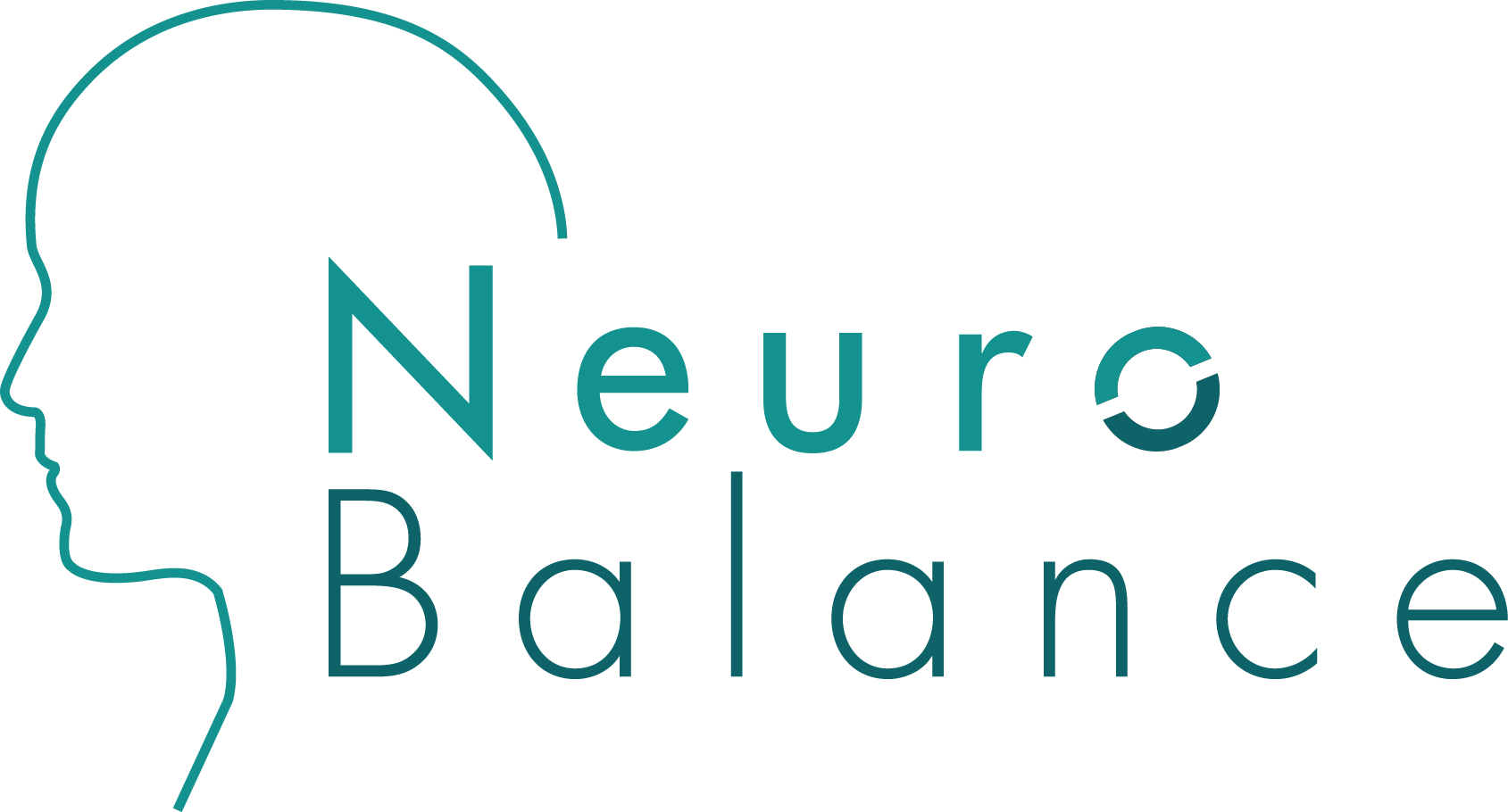Unlocking the Secrets of Brain Health: The Surprising Indicator You've Been Overlooking
As we journey through life, our bodies and minds undergo numerous changes, some more perceptible than others. One aspect that quietly evolves with age is our brain's health, a cornerstone of our overall well-being. Traditionally, memory lapses or the struggle to find the right words have raised red flags about cognitive decline. However, groundbreaking research from Baycrest and the University of Toronto introduces a novel perspective: the speed at which we talk might hold vital clues about our brain health, overshadowing the common word-finding challenges as we age.
This pivotal study, one of the first to scrutinize the nuances of natural speech and brain health in tandem, sheds light on the intricate relationship between how quickly we speak and the underlying cognitive mechanisms. Dr. Jed Meltzer, the lead author, emphasizes that variations in talking speed could mirror significant changes in our brain, suggesting that speech tempo ought to be incorporated into routine cognitive evaluations. This approach could revolutionize how early cognitive decline is detected, paving the way for timely interventions to bolster brain health during our golden years.
Intriguingly, the research revealed that while some aspects of linguistic ability, like naming speed, naturally decline with age, these shifts do not necessarily correlate with broader cognitive impairments. Surprisingly, the study found that the overall pace of speech, rather than the pauses taken to search for words, provides a more accurate reflection of brain health, particularly related to executive functions such as managing distractions and maintaining focus.
This insight offers a silver lining for many who might worry about their momentary lapses in word retrieval, suggesting such instances are a normal facet of aging rather than a sign of cognitive deterioration. More importantly, it highlights that a slowdown in the fluidity of speech could be a more telling indicator of changes in brain health.
With the promise of further research, the findings from Baycrest and the University of Toronto could lead to innovative tools for early detection of cognitive decline, ensuring that individuals can access interventions sooner to maintain or enhance their mental acuity as they age. This study not only challenges our preconceptions about aging and cognition but also opens new doors for safeguarding our brain health through the years.
-A Balanced Brain is a Better Brain for a Happier Life-
